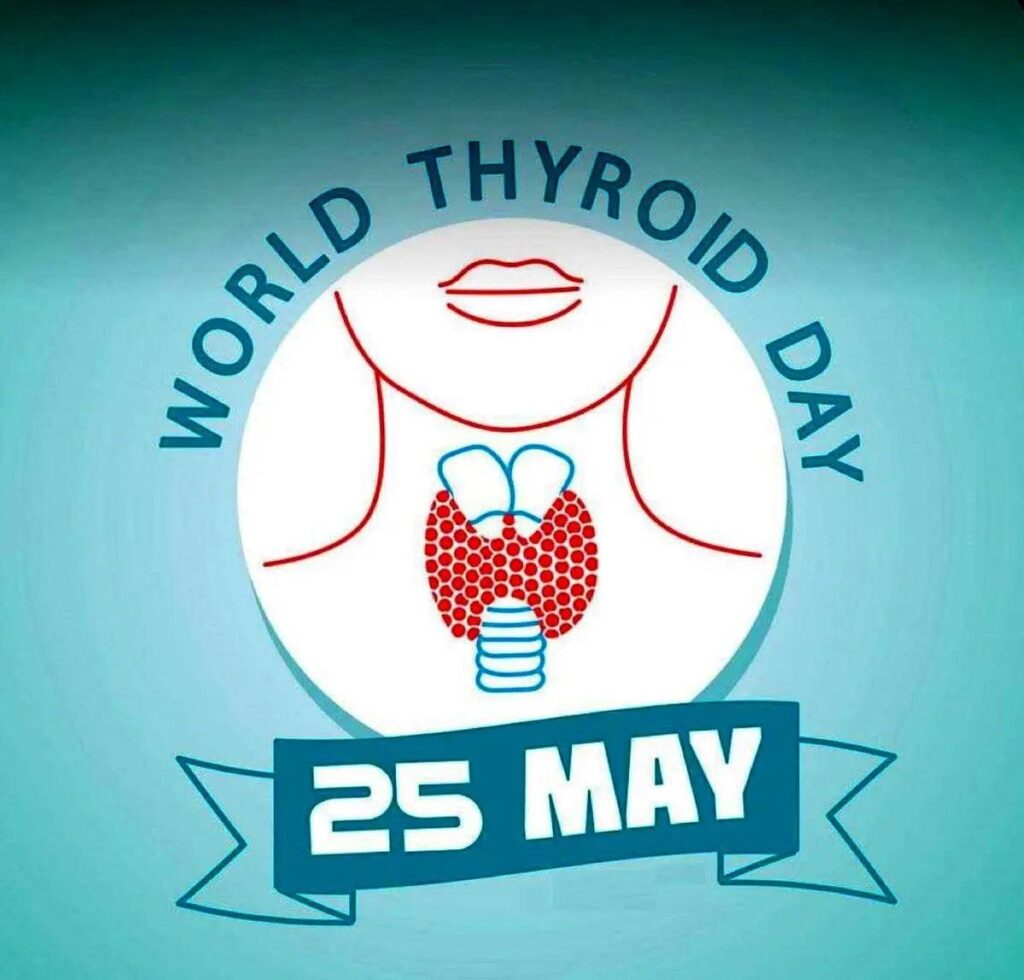Tehran – Regular thyroid function testing is essential for detecting and managing thyroid disease.
The thyroid is an important organ that regulates metabolism, growth and development.
National research shows that the country’s population, particularly women, is at risk of developing thyroid disorders, including hypothyroidism (hyperthyroidism) and hyperthyroidism (hyperactive thyroid).
Hypothyroidism leads to fatigue, depression, weight gain and difficulty in concentration. It can also affect the mental growth and development of a child. Therefore, screening is particularly important in high-risk groups, such as pregnant women and people with a family history of thyroid disease.
Tension, sweating, irregular heartbeat, weight loss, and protruding eyes are symptoms of hyperthyroidism.
The most important principle in treatment is to take medication based on regular monitoring and regular testing of the disease. Particularly in pregnancy, proper regulation of thyroid hormones plays an important role in fetal health.
World Thyroid Day is observed annually on May 25th to raise awareness about the important role of the thyroid and to promote early detection and treatment of thyroid-related disorders and symptoms.
Blood tests, thyroid stimulating hormone (TSH), are the most common methods of detecting disease. T3 (trioiodothyronine), T4 (thyroxine), imaging tests, and biopsies can also be used to diagnose thyroid disorders.
To maintain thyroid health, check your thyroid hormone levels regularly, consume iodine-rich foods (such as seafood), avoid excessive consumption of soybeans and cruciferous vegetables if you have a thyroid condition, maintain an active lifestyle and a balanced diet, and consult an endocrinologist if symptoms appear.
World Thyroid Day was established on May 25, 2007 as observed at the Annual General Meeting of the Federation of Thyroids (TFI). This date marks the establishment of the European Thyroid Association (ETA) in 1965.
mt/mg

